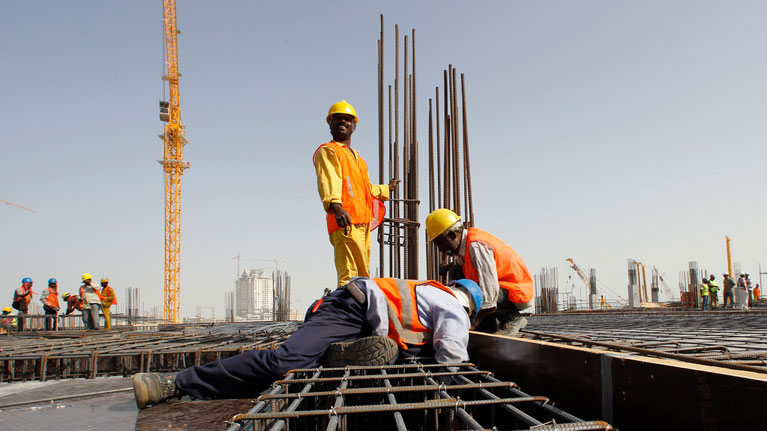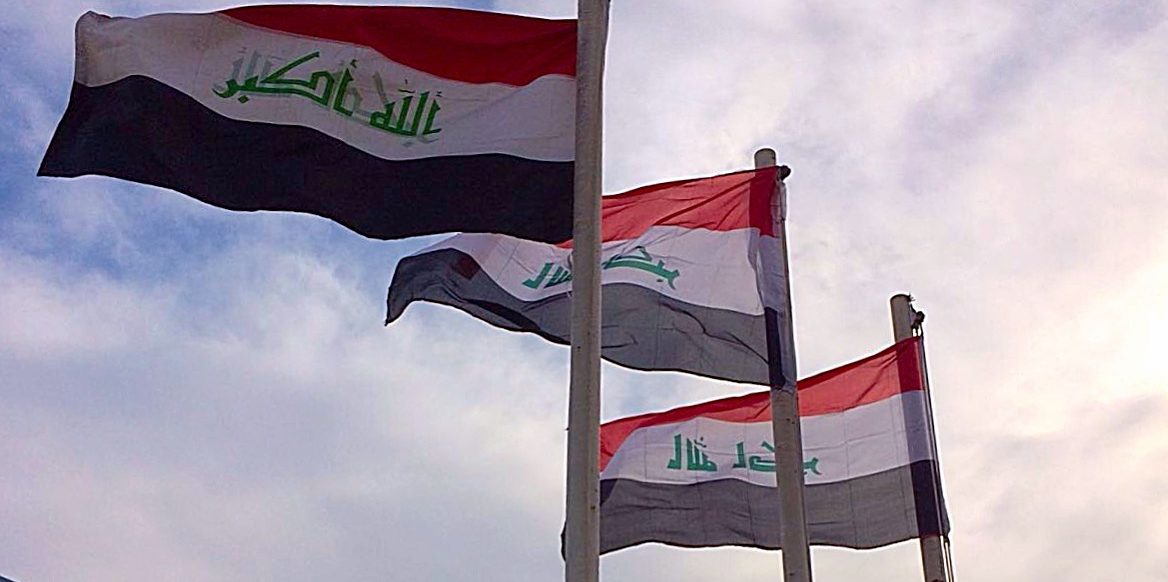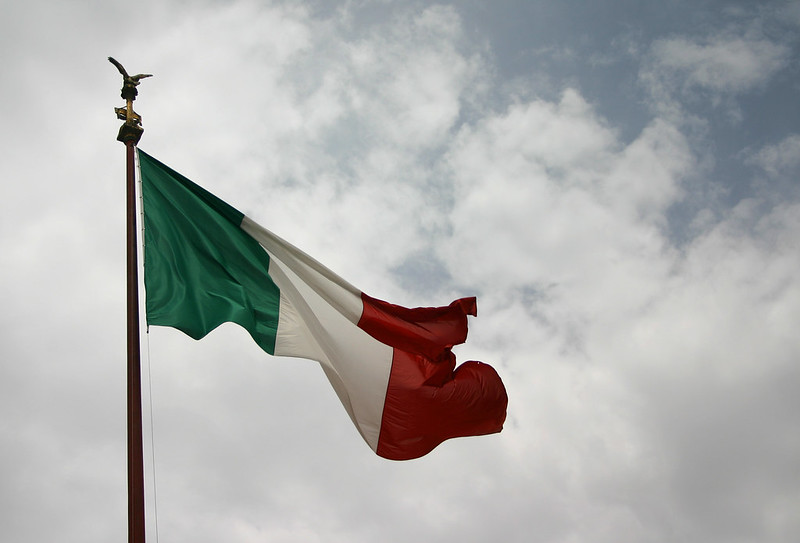The platform is the ‘only initiative made by and for migrant workers,’ the Guardian reported.
Three trade unions have launched an app to provide migrant workers in Qatar with information on their labour rights and access to legal assistance.
This comes just days after some international human rights organisations criticised FIFA for allegedly failing to commit to compensating migrant workers and their families for alleged abuses committed while preparing and delivering the World Cup 2022 tournament in Qatar.
The international players’ union Fifpro, the Building and Wood Workers’ International (BWI), and the International Domestic Workers Federation (IDWF) developed the app to provide employment support to migrant workers amid growing concerns about the lack of support from FIFA and football associations.
The three trade unions said it was “to date, the only initiative made by and for the migrant workers”, adding that it follows consultations with as many as 1,000 individuals, according to the Guardian.
“As part of a shared vision over the last few years, [we] have been seeking ways to help ensure a positive and sustainable impact for communities and people involved in the delivery of major football events,” the unions said in a joint statement.
“As it stands [our] call for better implementation and monitoring of recent labour reforms and the establishment of a Migrant Workers’ Centre in Qatar remains unanswered.
“With the Fifa World Cup coming to a close on 18 December, International Migrants Day, Fifpro, BWI and IDWF remain committed to supporting the advancement of migrant workers’ rights and conditions.
“The global unions encourage collaborations from all stakeholders to ensure that the working conditions and fundamental human rights of all workers involved in and around football tournaments are respected and protected.”
Headlines, primarily from Western media, as well as some rights groups, have raised concerns over migrant workers’ rights in Qatar.
The Gulf state says it has responded to the concerns by introducing reforms to its legislation, all of which have received global praise from rights groups, including the UN’s International Labour Organization.
However, some rights groups have said that the lack of awareness and access to information to help migrant workers was still an issue.
The new app will attempt to provide users with “easy-to-understand actionable information” in seven languages: English, Arabic, Urdu, Bengali, Filipino, Hindi and Nepali.
It will also provide migrant community groups who speak these languages with access to training content and educational resources.
Rights organisations have repeatedly urged FIFA to establish a legacy fund to compensate injured workers and families of those who have passed away in order to protect migrant worker rights in the long run after the World Cup.
Amnesty International and Human Rights Watch were among the organisations that criticised FIFA this week for abandoning what was thought to be a commitment to the idea.
“Fifa can still do the right thing by channelling the legacy fund towards workers and their families, supporting a genuinely independent workers’ centre and working with Qatar to ensure that every worker can access the compensation that they deserve,” said Steve Cockburn, Amnesty International’s head of economic and social justice.
Qatari officials have previously said that mechanisms were already in place to compensate victims.
Commenting on the compensation campaign earlier last month, the Gulf state’s Foreign Minister Sheikh Mohammed bin Abdulrahman Al Thani told France’s Le Monde that “the fund already exists and has proven its value”, noting Qatar has disbursed $350 million last year alone.
“This money went to employees who were deprived of their wages and whose companies are now facing court cases, to employees who were injured at work or to cases of work-related deaths. This mechanism works very well. So why should we duplicate it?” he said.







